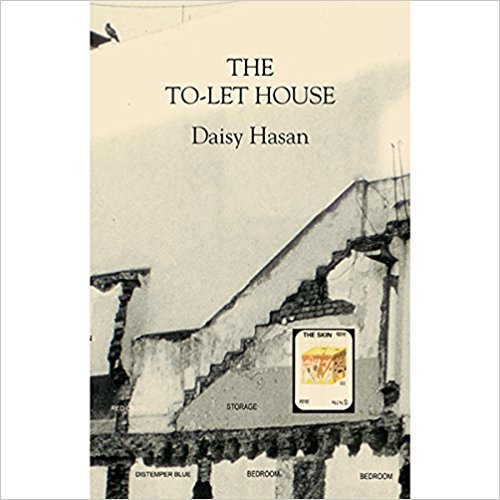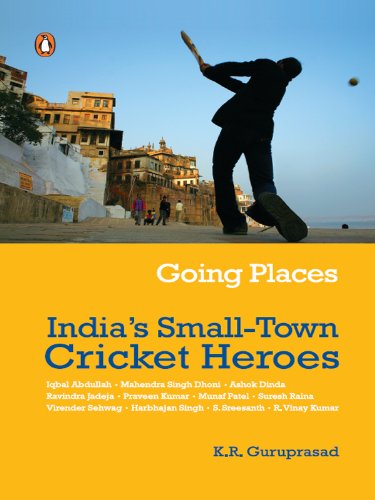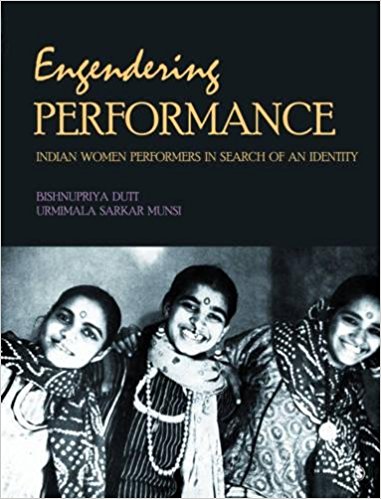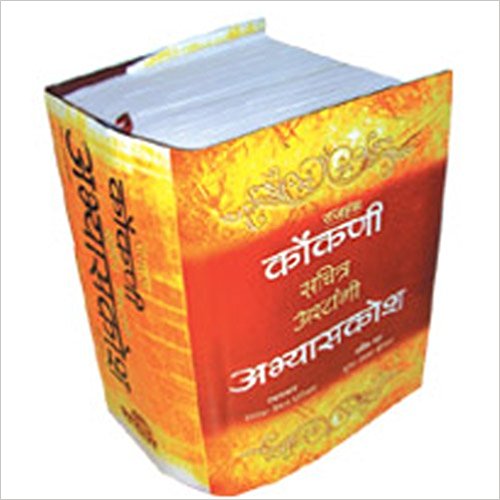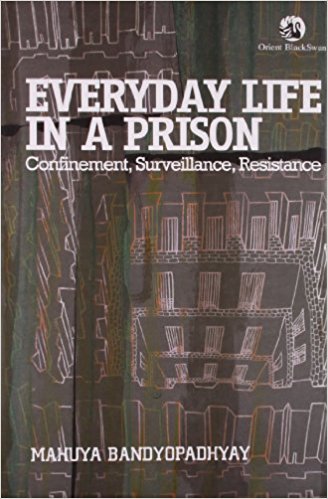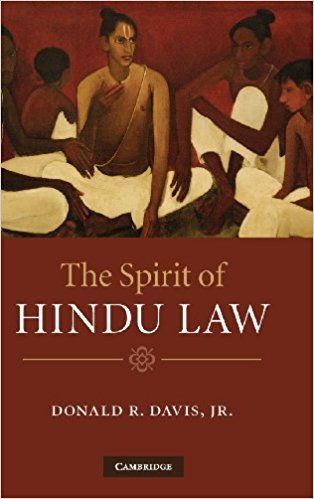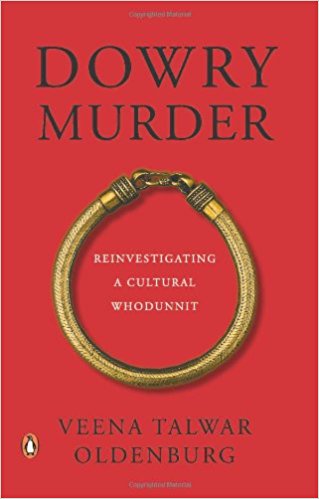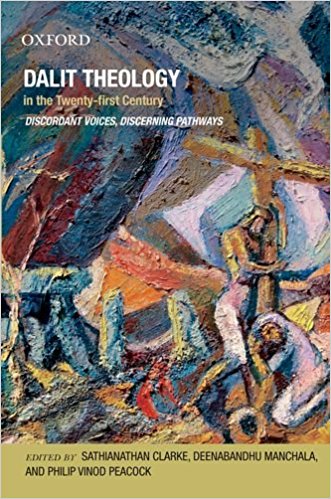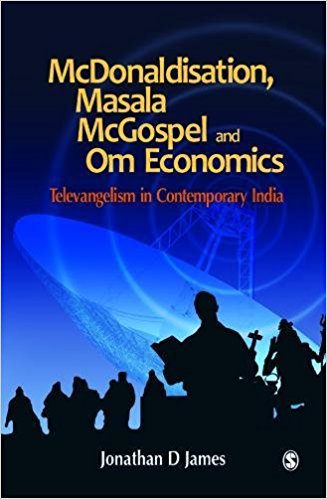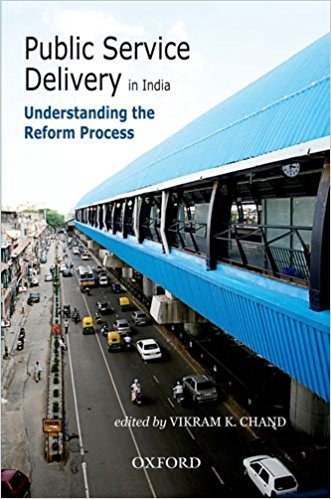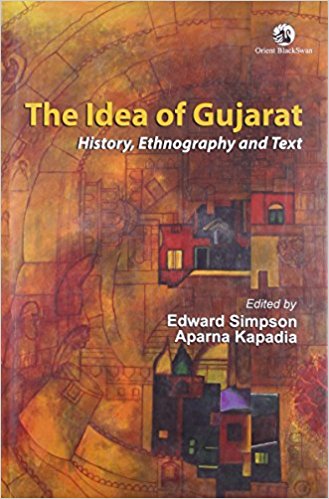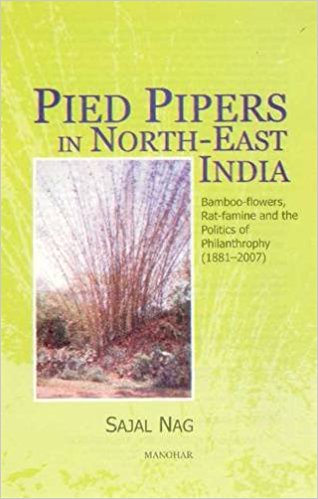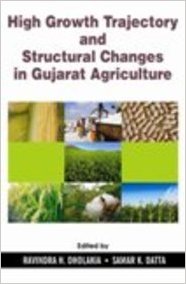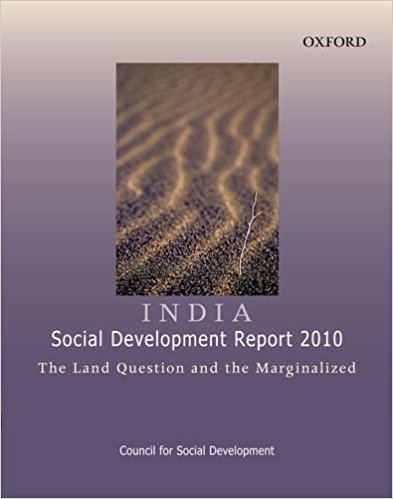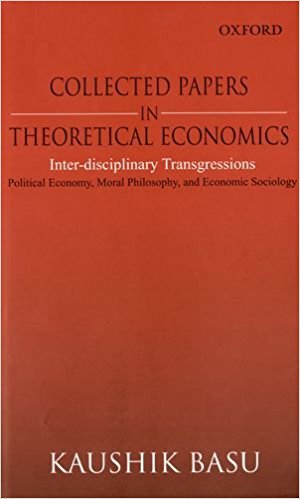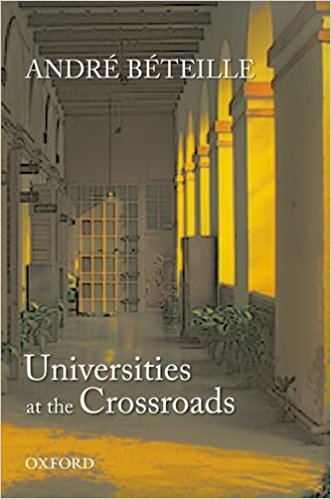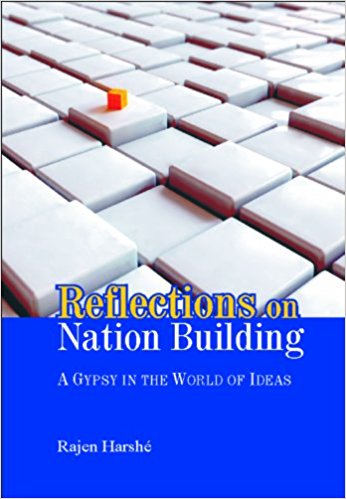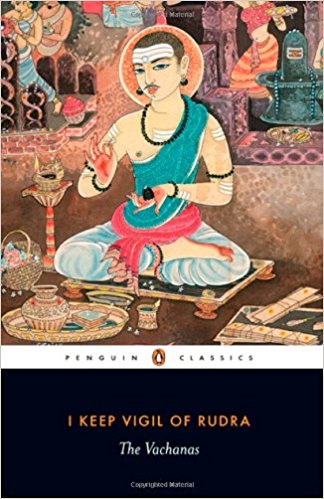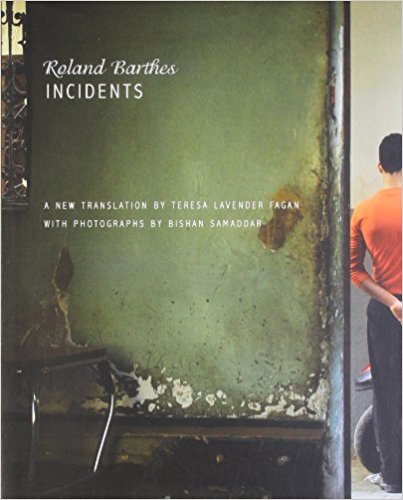Alfred Hitchcocks Psycho encouraged me to take cinema seriously as an art form with its own methods and a visual language distinct from the words being spoken by the characters on screen writes Jai Arjun Singh in Monsters I Have Known an engaging and expansive essay on the horror films that spoke to him in ways no film scholar could understand…
Archives
July 2011 . VOLUME 35, NUMBER 72011
Daisy Hasans deeply atmospheric novel is set in Shillong in the North East. The central motif that runs like a thread in the novel is the attempt on the part of the characters to retrieve the sense of belonging to a place. Mas search for the elusive lover is also the search for ones homeland. A deep sense of betrayal haunts both the searches…
Pick up a travel guide to India. Look for any of the followingKakur Naichanpur Ikhar Davangere Azamgarh. Youd be lucky to find them mentioned in any detail. Even in cricket-centered talk these places dont ring a bell. A whole generation of cricket lovers have wallowed in the fandom of cricketing stars like Sachin Tendulkar from Mumbai…
Performance studies in India should be very pleased with the intervention made by Bishnupriya Dutt and Urmimala Sarkar Munsi. Taking the elements of search as well as identity quite seriously, the authors have managed to keep their work and explorations away from the theoretical closure that often accompanies such endeavours…
You might run across Damodar K.K. Ghanekar cycling in Panjim quite absent-minded and lost deep in thought. Without much ado and spending half-a-dozen years over the task Ghanekar recently put together Konkanis most ambitious dictionary one which spans over two thousand pages! To undertake a task of this scale perhaps one needs to be lost in a world of ones own!…
The state defines prison as a space for the isolation and reform of individuals not fit to live in society. Prisoners narratives of everyday life are jabs in this faade that bleed over the fabric of total spaces and stain it with its own fallacies. Mahuya Bandyopadhyays account makes a departure from the existing literature on Indian…
The Spirit of Hindu Law interestingly takes law beyond its legal definition and tries to relate it to the ordinary world. It talks of its ethos as well as what constitutes Hindu law and how it operated. To our minds today law is a very impersonal gigantic structure that seems almost impenetrable. We may see it read about it fear it even live within its bounds…
Dowry and its implications on women have perhaps been most discussed and debated when it comes to womens issues in India, so much so that the word dowry itself is almost synonymous with womens oppression. It therefore leaves one wondering what another book on dowry might have to say. The subtitle reveals that the present work…
Theology as a systematic study of religion is an old enterprise. It originated in the West to study the Bible in a rational and methodical way of interpreting the sacred text(s). Universities were set up solely for this purpose and it was referred to as the queen of sciences. However, Immanuel Kant, with his sceptical argument with regard…
Globalization and its effects are current pervasive themes. In many ways India is very much in the grip of the globalization trend which has undoubtedly impacted certain segments of the political, cultural, economic, and religious life of India. The linking of global nuances with the local flavour can be seen particularly with the ascendancy of the media…
This is Vikram Chand;s second edited ;;book on the theme. In 2006, he;;;brought out Reinventing Public Service Delivery in India: Selected Case Studies (Sage) which this observer had the occasion to review then. As Senior Public Sector Management Specialist at the World Bank New Delhi office, Chand has had the opportunity…
Gujarat has been at the centre of media attention since March 2002 when a communal frenzy of the worst nature affected the state creating raw tensions between various groups. But Gujarat happens to be one of the fastest growing states of the Indian Union and is characterized by a long-term process of capitalist development…
A strong connection between famine and ethnic politics has been brought out by a number of scholars in the context of North East India. The economic backwardness of the region has been widely discussed in the light of contemporary ethnic political process. Yet, the origin of widespread insurgencies in the North East…
This book is an ambitious attempt to analyse the agricultural growth miracle of Gujarat. The editors point out in the preface that this is really no miracle but .a result of a well thought out strategy, meticulously planned and coordinated scheme of action, political will to take bold decisions and therefore reasonably replicable…
A collection of studies and perspectives, this report is an attempt to identify the generic processes and locate the developmental philosophy that is causing increasing marginalization of various sections of the population in India. The various essays covering the land question, social and gender discrimination, education, health…
2011
The essays in the volume written over a period of about two decades reflect Basus rare gift for identifying interesting problems at the borders of economics, politics, sociology and philosophy, setting them up within parsimonious frameworks and then drawing sharp and incisive observations…
Andre Bteille is a prolific writer who has addressed questions of inequality, power, social class, the family, the disciplines of sociology and social anthro-pology, and a whole range of issues, too vast to enumerate here. The array of problems he has sought to understand and his commitment as a writer stem from his unfailing…
Rajen Harshe is one of those rare individuals who through their lives have played many roles. He has been and will no doubt remain an activist, scholar, teacher and institution-builder. To get a better sense of what this book offers and why it has been written the way it has, knowing the background of the author matters…
A K.Ramanujans translation of vachanas came out from Penguin in 1973, nearly four decades ago. The present re-translation and re-look at the Virasaivite vachanas by H.S.Shivaprakash and its publication by Penguin is therefore most timely. Some things are striking about the persona of both these translators…
2011
Walking back home from Francois Mitterands lunch party on 25 February 1980, Roland Barthes was evidently a tad preoccupied.


